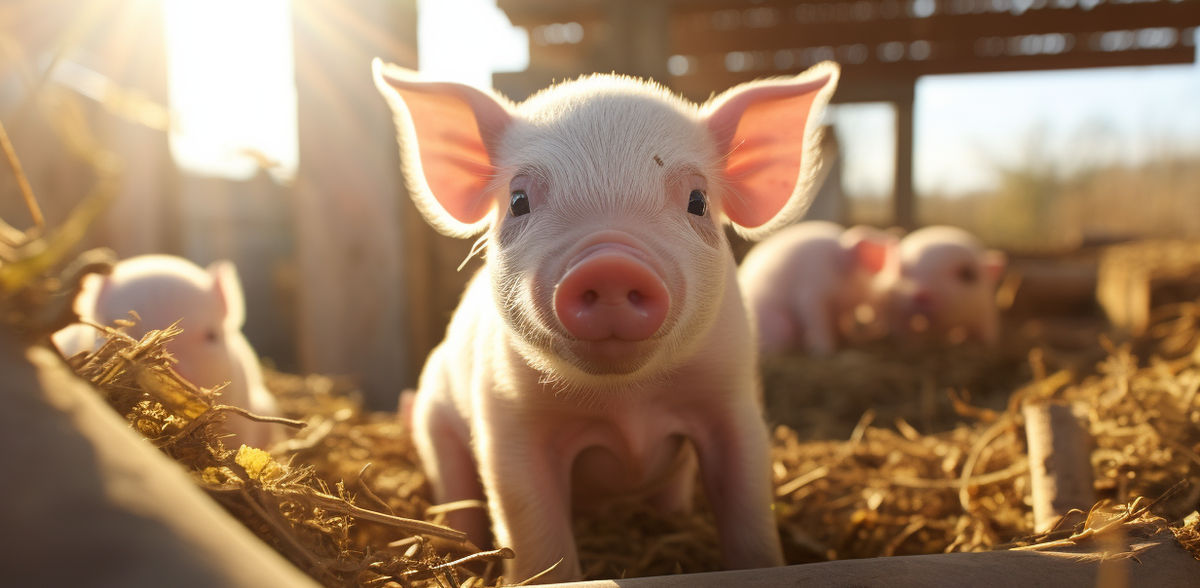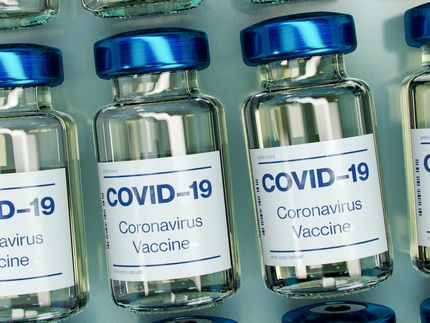Vaccination improves animal welfare and environmental protection in meat production
Researchers have studied immunocastration in pigs and make recommendation
Advertisement
Most male piglets intended for fattening are surgically castrated. Without this procedure, the meat can develop an unpleasant odor and is then hardly marketable. A possible alternative is immunocastration. This involves administering a vaccine to the animals that temporarily suppresses the formation of sex hormones. In the project "Field study on vaccination against boar taint (FINGER)," researchers from the Universities of Göttingen and Kiel and the Max Rubner Institute in Kulmbach compared, among other things, the environmental balances of immunocastrated and surgically castrated pigs and uncastrated boars, assessed animal health and product quality, and reviewed commercial value. They concluded that immunocastration has no relevant disadvantages for product quality and ensures more animal welfare and environmental protection in meat production. At the conclusion of the project, the results were presented and discussed in Kiel in the presence of representatives from agriculture, meat processing and the food trade.
In the joint "Kiel Declaration," key industry stakeholders acknowledge the results of the project, in particular the scientifically confirmed equivalence of meat and fat quality of immunocastrated male pigs compared to female pigs and the resulting suitability of their carcasses for further processing. "We are proud to contribute to the improvement of animal welfare and environmental protection with our research," explains Prof. Dr. Daniel Mörlein from the Faculty of Agricultural Sciences at Göttingen University. "Our project provides facts to objectify the often emotional discussion around meat production practices."
To assess meat and fat quality, the researchers from Göttingen conducted chemical-physical and sensory tests and had people test various meat products. "The results prove that immunocastration does not reduce the quality of the products," Mörlein said. "Given the animal welfare and environmental benefits, immunocastration can therefore be recommended as an alternative to surgical castration."
Although vaccination with the Improvac® vaccine has been used worldwide for more than 20 years and a large number of scientific publications are available on the subject, practical experience in Germany is very limited. To date, there is a lack of practical studies examining the possible consequences of immunocastration on extensive data with different pig breeds, feeding techniques and feed rations. The same applies to classification and accounting systems. Because of this uncertainty, vaccination has not yet gained market relevance in Germany.
Note: This article has been translated using a computer system without human intervention. LUMITOS offers these automatic translations to present a wider range of current news. Since this article has been translated with automatic translation, it is possible that it contains errors in vocabulary, syntax or grammar. The original article in German can be found here.




























































